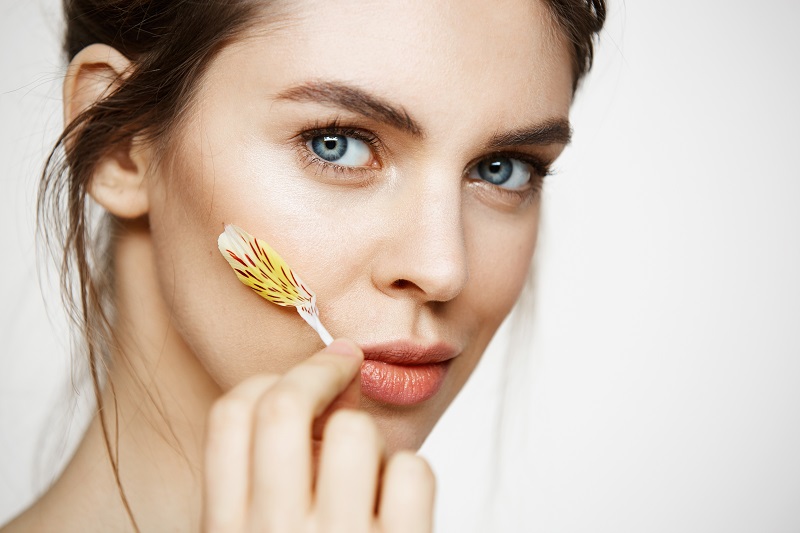
In recent years, the beauty industry has witnessed a significant shift towards natural makeup, often referred to as "clean beauty." This movement is not merely a fleeting trend; it represents a fundamental change in how consumers view makeup products and their ingredients. Natural makeup prioritizes health, sustainability, and ethical considerations, appealing to a growing demographic that seeks to make informed choices about the products they use on their skin.
Understanding Natural Makeup
Natural makeup typically contains fewer synthetic chemicals and focuses on plant-based, organic, and non-toxic ingredients. This approach not only benefits the skin but also aligns with broader environmental goals. Many consumers are becoming increasingly aware of the potential harm caused by harsh chemicals found in conventional beauty products. Ingredients such as parabens, sulfates, and phthalates have been linked to various health concerns, prompting individuals to seek safer alternatives.
The Power of Clean Ingredients
Natural makeup empowers consumers to take control of what they apply to their skin. The increasing availability of clean lipsticks and other natural makeup products allows individuals to express their beauty without sacrificing health. Many brands now offer a wide range of colors and formulations, proving that natural makeup can be both effective and beautiful.
This empowerment extends beyond just personal choice; it encourages a broader cultural shift towards valuing health and well-being. By choosing natural makeup, consumers send a message to the industry that they prioritize quality and integrity over mere appearance. This movement fosters an environment where brands are encouraged to innovate and create products that align with these values.
The Skin Benefits
One of the most compelling reasons for adopting natural makeup is its positive impact on skin health. Traditional makeup products often contain ingredients that can clog pores and irritate sensitive skin. In contrast, natural products tend to be gentler and more nourishing, utilizing ingredients like botanical oils, minerals, and natural pigments. For instance, many natural foundations now include skin-loving ingredients such as aloe vera, jojoba oil, and vitamin E, which help to hydrate and protect the skin.
People with allergies or sensitive skin particularly benefit from the clean beauty movement. By choosing products with fewer irritants and allergens, they can enjoy a flawless look without compromising their skin’s health. The shift towards transparency in ingredient sourcing allows consumers to avoid known allergens and choose products that cater to their specific needs.
Sustainability and Ethical Practices
The rise of natural makeup also coincides with growing consumer awareness of sustainability and ethical practices in the beauty industry. Many brands that offer clean beauty products focus on eco-friendly packaging, cruelty-free testing, and ethical sourcing of ingredients. This commitment resonates with a generation that prioritizes environmental responsibility. Consumers want to know that the products they use do not contribute to pollution, animal cruelty, or unsustainable farming practices.
Brands that prioritize sustainability often offer refillable packaging and use recyclable materials, which further reduces waste. This focus on eco-consciousness encourages consumers to make choices that align with their values, promoting a healthier planet along with healthier skin.
Natural makeup is much more than a passing trend; it signifies a shift in consumer values towards health, sustainability, and ethical considerations. As the clean beauty movement continues to evolve, it will likely shape the future of the beauty industry, paving the way for a more conscious approach to makeup. Embracing natural makeup is not just a personal choice; it’s a step towards a healthier lifestyle and a sustainable future.






